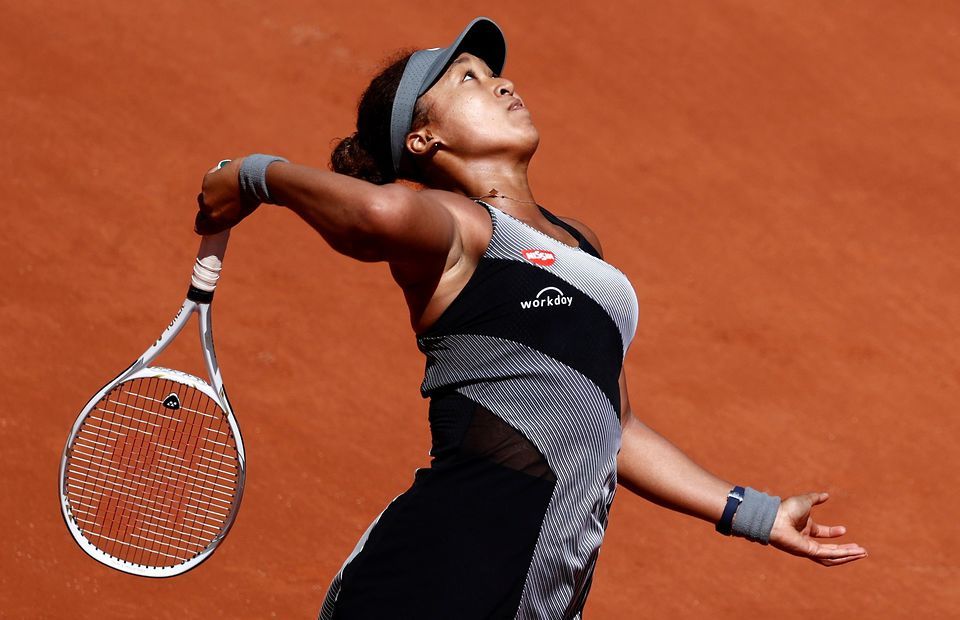Organisers at Roland-Garros have defended their approach in dealing with world number two Naomi Osaka at the tournament, stressing that they attempted to speak to her several times before her withdrawal.The four-time Grand Slam winner had refused to take part in mandatory media duties while at the competition and was fined $15,000 for failing to show up to her news conference following her first-round victory over Patricia Maria Èšig.Having been threatened with the prospect of disqualification or even suspension should she continue to refuse to speak to the press, Osaka quit the tournament, citing mental reasons, which included experiencing “bouts of depression” for her departure.French Open officials have received widespread condemnation for their handling of the situation, but French Tennis Federation president Gilles Moretton has justified the “pragmatic” stance taken to handle the issue.
“We did it the right way,” he said in a press conference on the final day of this year’s championships. “What we did altogether with the Slams, we had to do it. We made the right choice, even if you feel like we shouldn’t say anything… regarding Naomi.”
Added to this, Amelie Oudea-Castera, the director-general of the organisation, has revealed that she warned Osaka prior to her punishment and reminded her of the rules for failing to engage with the media.
"There is a specific book explaining [the rules],” she emphasised. “And when you regularly default your obligations without giving specific explanations, in particular, you expose yourself to a default or more permanent sanction. We wanted her to know because it was a way to protect her to explain that to her."
The director-general also explained why the organisation chose not to fine the 23-year-old $20,000 –– which is the maximum fine for breaking rules related to this subject.
“On purpose, we only wanted [the fine] to be at 15 [thousand dollars], because we wanted to send a message that we wouldn't go to a default right away. We wanted to have a progressive escalation should she continue not to commit to her obligations."
While keen to defend their actions, Oudea-Castera did concede that tennis officials “can do better” in handling mental health issues and that the four Grand Slams will all “take the initiative on the matter together.”
Moretton clarified that “the most important thing” for the organisation is the wellbeing of players and that former French professional player Nathalie Dechy had received a positive update from Osaka.
It is still unknown when the Japanese star will return to action, but given her withdrawal from a grass court WTA event in Berlin, it seems unlikely she’ll feature at Wimbledon.

















